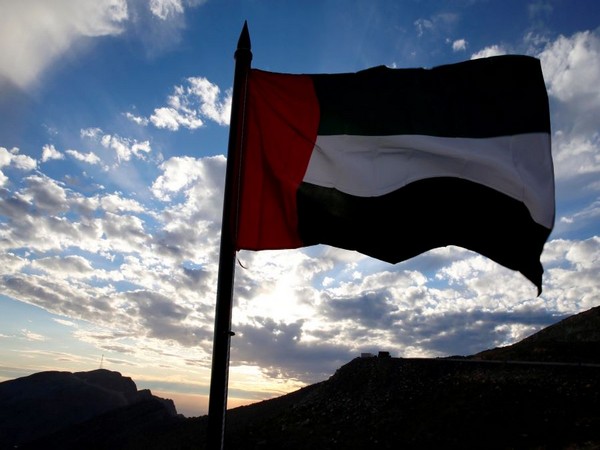Abu Dhabi Energy Department hosts workshop to enhance 2030 Energy Strategy
The government entities that participated in the workshop included the Department of Municipalities and Transport, Abu Dhabi City Municipality, Al Ain City Municipality, Abu Dhabi Quality and Conformity Council, Abu Dhabi Distribution Company, Al Ain Distribution Company, and Abu Dhabi Energy Services.

- Country:
- United Arab Emirates
Abu Dhabi [UAE], May 23 (ANI/WAM): In accordance with its mandate as the legislator and regulator of the energy sector in Abu Dhabi, responsible for issuing strategies, overseeing their implementation, and ensuring the achievement of sustainability and climate neutrality goals, Abu Dhabi Department of Energy (DoE) organised its first workshop on updating the Abu Dhabi Demand Side Management and Energy Rationalisation Strategy 2030. The government entities that participated in the workshop included the Department of Municipalities and Transport, Abu Dhabi City Municipality, Al Ain City Municipality, Abu Dhabi Quality and Conformity Council, Abu Dhabi Distribution Company, Al Ain Distribution Company, and Abu Dhabi Energy Services.
The workshop aimed to highlight and discuss key developments and achievements of the DoE strategy launched in 2019, which seeks to achieve significant economic and environmental benefits to Abu Dhabi. These include the security of energy supplies and the sustainability of its resources in the emirate, in line with Abu Dhabi's vision and relevant national strategies. The Abu Dhabi Demand Side Management and Energy Rationalization Strategy (DSM) 2030 is a 9-programme, multi-stakeholder initiative. It has the potential of saving 22 per cent energy and 32 per cent water equivalent to AED 8 billion while avoiding the emission of more than 9 MT of CO2 emissions - the equivalent of removing 1.5 million vehicles from the road for an entire year.
Representatives of the participating government entities were briefed on key challenges facing the implementation of the strategy and how to address them. In addition, they were briefed on how to employ their expertise to keep pace with the process of developing the strategy. The workshop focused on assessing the current and future status of the strategy and the opportunities that have been identified, in addition to highlighting the extent of goals that have been achieved. The need for alignment with local and national strategies, a summary of the challenges and improvements made to key initiatives, as well as ideas and evaluation of proposed solutions were discussed.
Ahmed Juma Al Falasi, Acting Executive Director of Energy Efficiency at DoE, said, "During the Year of Sustainability, we continue to work and cooperate with all stakeholders to accelerate the pace of implementation of the DSM programmes, which will help in achieving the goals of the National Demand Management Programme and UAE Net-Zero 2050." He added, "Our strategy establishes an executive framework that includes a set of programmes, initiatives, and enablers to help entities, companies, and individuals in rationalising water and electricity consumption, and adopting effective measures to raise consumption efficiency. Updating the strategy will help in developing programmes and initiatives to achieve its goals through the cooperation of various stakeholders to enhance sustainability and preserve the emirate's resources, making the best use of them."
Ahmed extended his sincere gratitude to the participating government entities in appreciation of their efforts and active contribution to the success of the workshop by presenting positive ideas and proposals to develop the strategy and to ensure the achievement of its current and future goals. Since the launch of the strategy in 2019, it has achieved several milestones, including the reduction of approximately 50 per cent of water from the savings target for the year 2030, and about 31 per cent of electricity from the savings target for the same year. This is equivalent to reducing carbon emissions by 3 million tons of CO2, in addition to launching policies and regulations with the potential to achieve these goals, such as the Energy Efficiency Policy for Government Buildings, and the Abu Dhabi Measurement and Verification Protocol.
The DoE is committed to organising and participating in various local and international events and forums that help boost knowledge and experience exchange with its strategic partners. (ANI/WAM)
(This story has not been edited by Devdiscourse staff and is auto-generated from a syndicated feed.)










